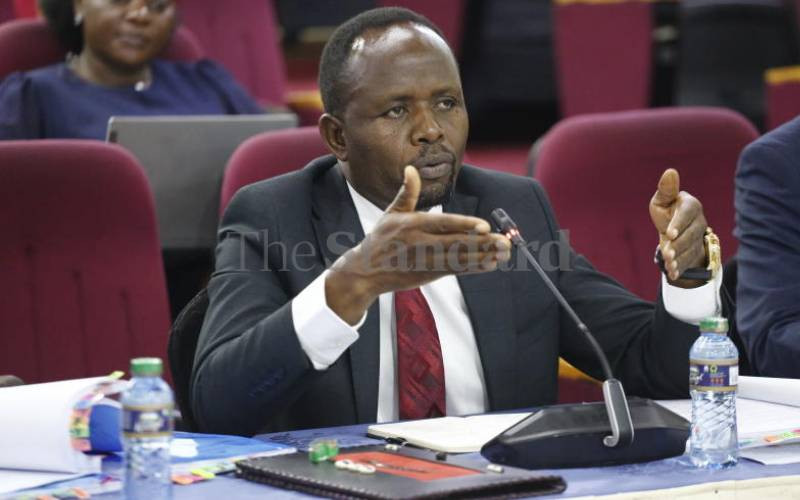×
The Standard e-Paper
Kenya's Bold Newspaper

Trans Nzoia Governor George Natembeya's tackles on National Assembly Speaker Moses Wetangula have simultaneously caused excitement and raised hackles among Kenyans who have been conditioned to bend to the wills and wiles of powerful politicians for no other reason than that they are in positions of authority.
The culture of subservience to leaders has resulted in role reversal in the 'master-servant' relationship, and ended up creating demigods whose word is sacrosanct; individuals who brook no challenge.